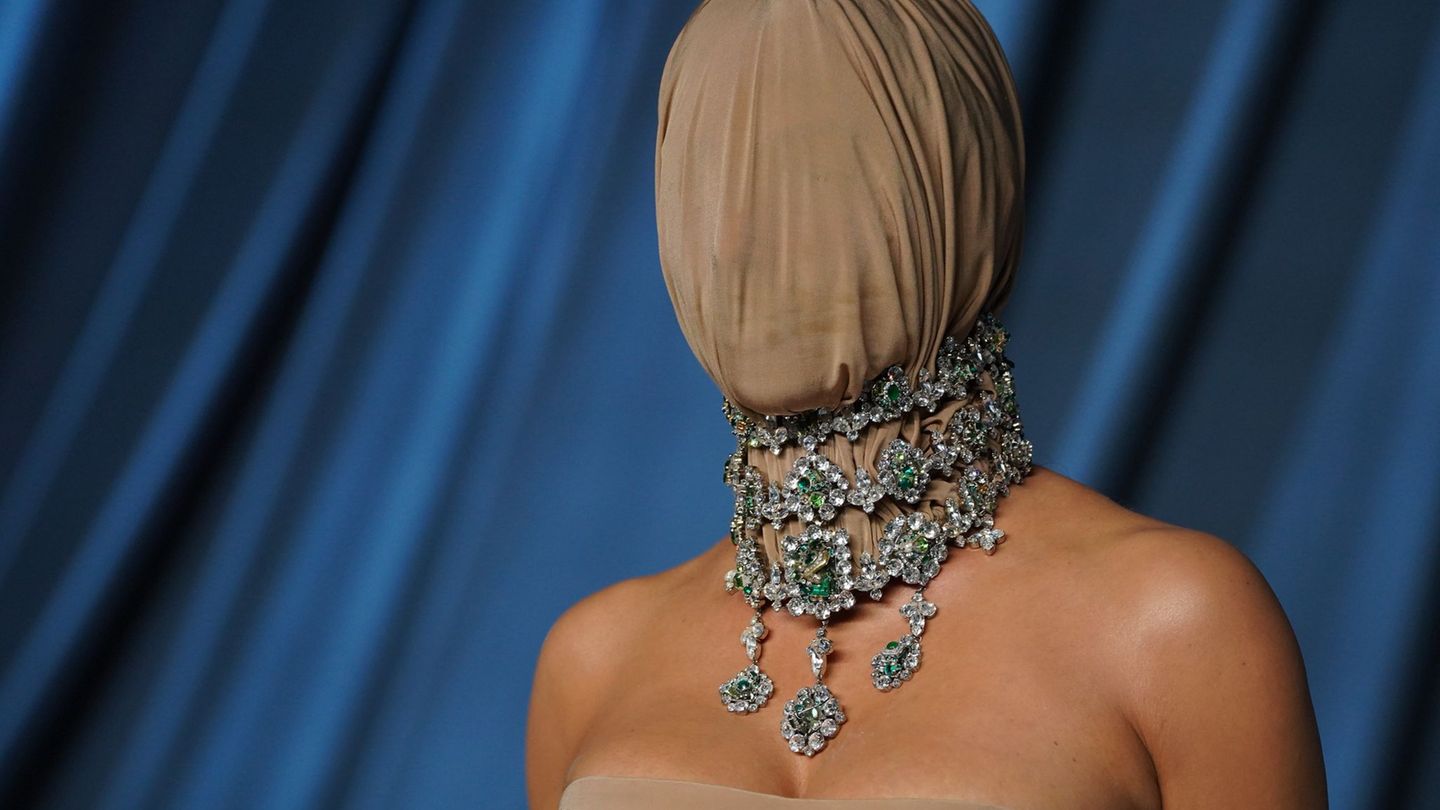There is a lack of sexual education in schools. Sex education classes are canceled or are carried out with old materials – and this is not only the case in Germany. American adolescents know what to do: They turn to TikTok users.
In April 2016, the Federal Ministry of Health resolved to take action on sex education and information in schools. There seemed to be shortcomings in sex education classes. They developed a strategy that should improve some of the sexually transmitted diseases containment by 2030. Not much has happened since then.
Education about sexuality is neglected not only in Germany: in the USA, less than 40 percent of high schools teach all of the 19 topics identified by the Center for Disease Control. And the topic is and remains shame. Those who cannot turn to their own parents do research on the Internet. You can also find it on TikTok.
No more taboo!
Tess Vanderhaeghe is a self-proclaimed health educator. One of her videos explaining female anatomy has been viewed more than two million times. “We talk a lot about sex,” said Vanderhaeghe to the US medium “The Lily”. “But we’re not talking about sexual health.” Like Vanderhaeghe, pediatricians, gynecologists, sex and relationship therapists are becoming influencers by addressing traditionally taboo topics for teenagers.
The hashtag #sexualhealth has more than 335 million views on the platform. There are videos on the structure of the genitals, on sexually transmitted diseases, myths, condoms and with tips of all kinds. “Every generation is curious,” said Vanderhaeghe of “The Lily”. “Every teenager going through puberty wants to know everything there is to know about sexual health. Generation Z has access to platforms like TikTok and Instagram, which gives them a place to ask their questions in a different way.”
Wrong information
For some, TikTok fills an education gap. But the platform has its limits: Anyone can create an account and share content, regardless of whether the information is reliable. There are a lot of videos circulating with false content.
Seattle pediatrician Tessa Commers shares most of her videos in response to falsehoods she sees on the app, according to The Lily. “I feel inferior to the number of people who spread misinformation,” she told The Lily. “It’s an uphill battle.”
Inappropriate subjects
Danielle Bezalel, host of the Sex Ed With DB podcast, called the Sex TikToks a double-edged sword, according to “The Lily”. “If it’s that accessible to people, everyone is an expert, right?” She said. “So now there is this problem that young people have to distinguish between valid, credible sources and non-credible sources.”
TikTok’s Community Guidelines determine what content will be removed if the topic being discussed is inappropriate – a category that various educational videos fall into despite their educational basis. Many videos that are supposed to clarify are deleted or no longer played. But reach is what counts in social media.
TikTok users can choose to be anonymous and invisible listeners and learners. Commers tells The Lily that she hopes surveys can be conducted to examine the effects of sex education on these platforms.
In one of her most popular videos, which was liked by more than 400,000 people, she clears up common misunderstandings that she saw on the app. One user commented: “Wait, that’s normal? I thought something was wrong with me.” More than 29,000 people liked this comment.
The video has been viewed over 1.8 million times. With the opportunity to reach so many people and show them that they are not alone with their feelings, Tessa Commers hopes to fill a void: “Social media change every part of life,” she told “The Lily”. “Now they’re even changing sex education.”
David William is a talented author who has made a name for himself in the world of writing. He is a professional author who writes on a wide range of topics, from general interest to opinion news. David is currently working as a writer at 24 hours worlds where he brings his unique perspective and in-depth research to his articles, making them both informative and engaging.



